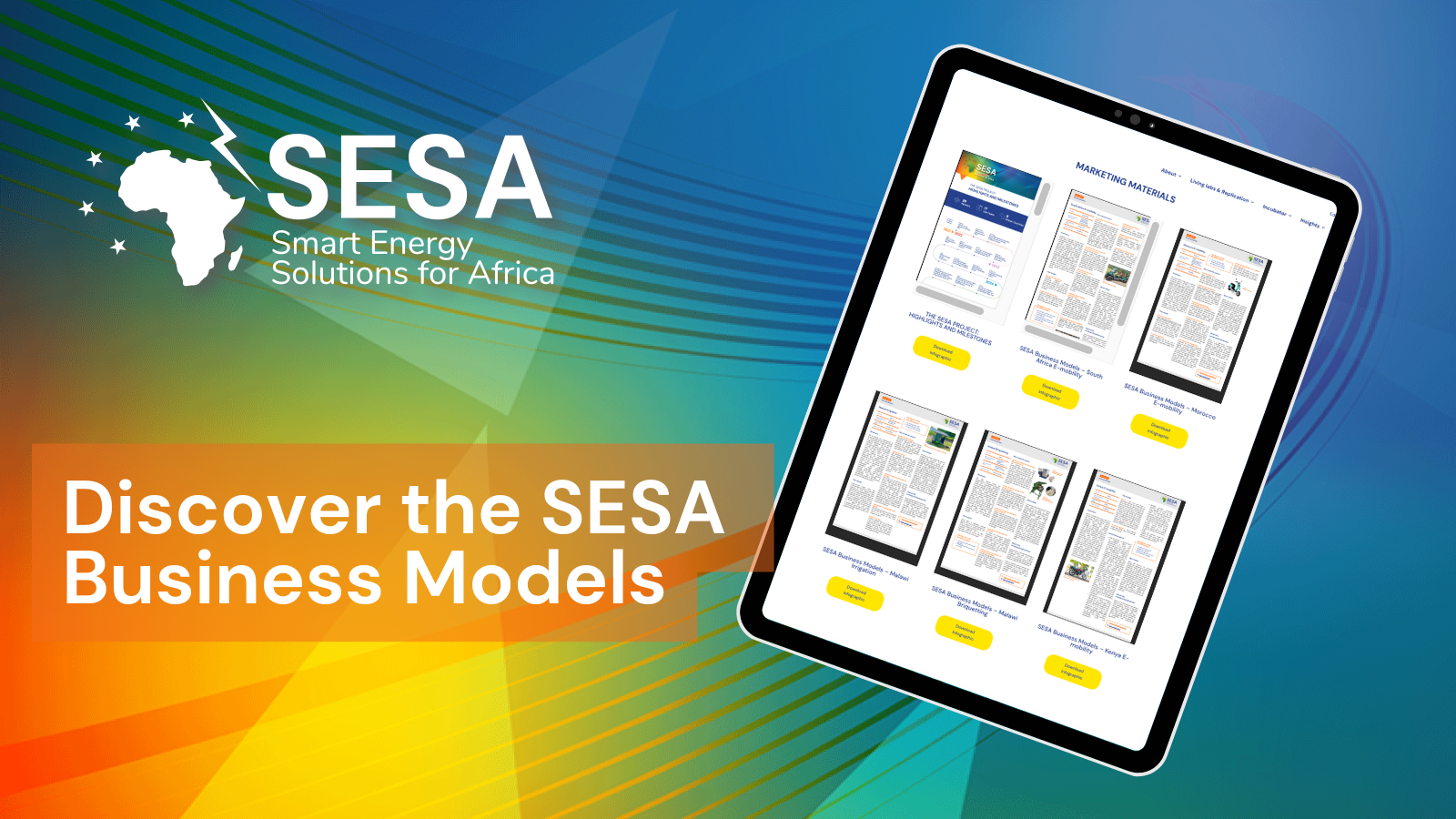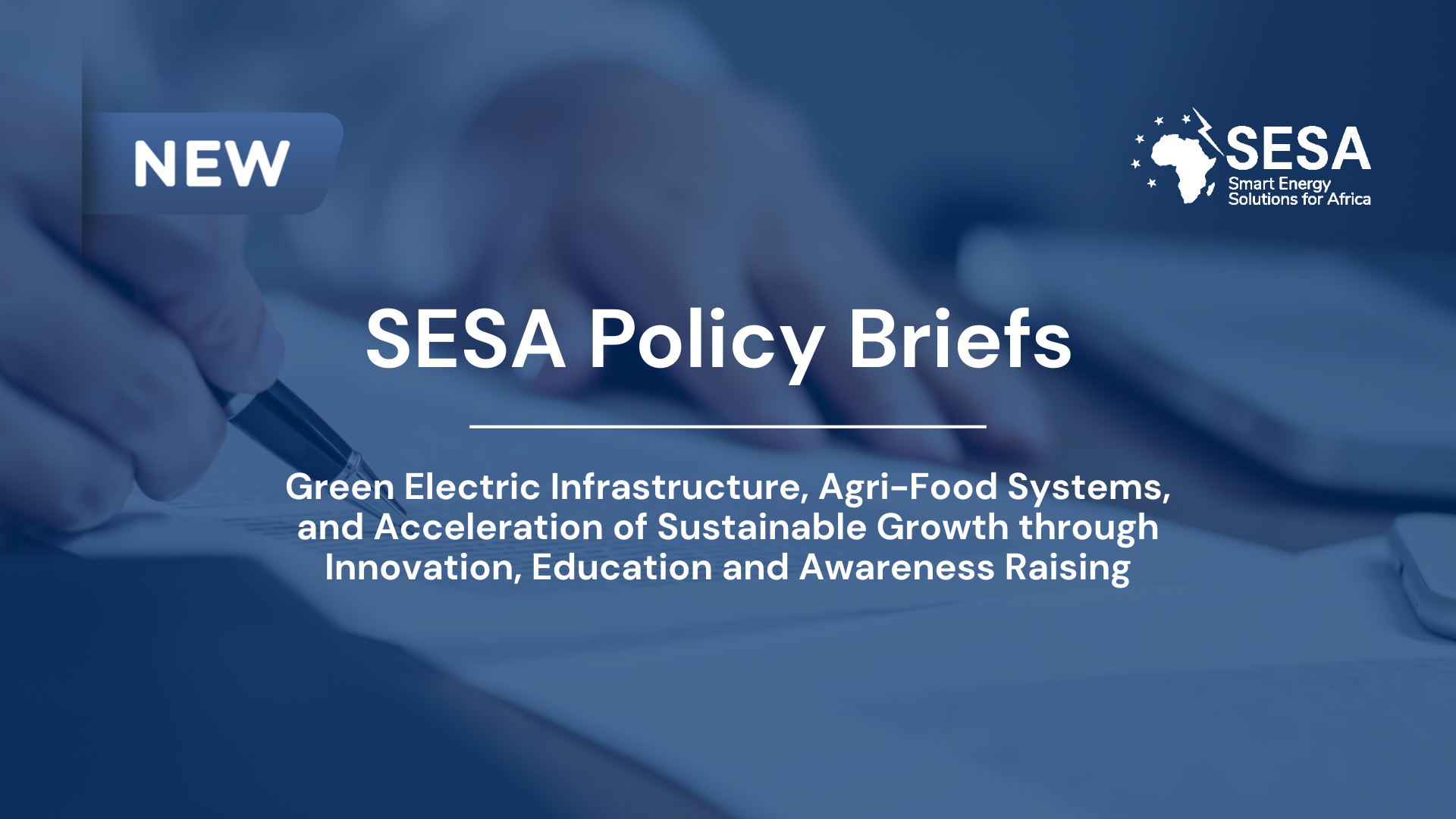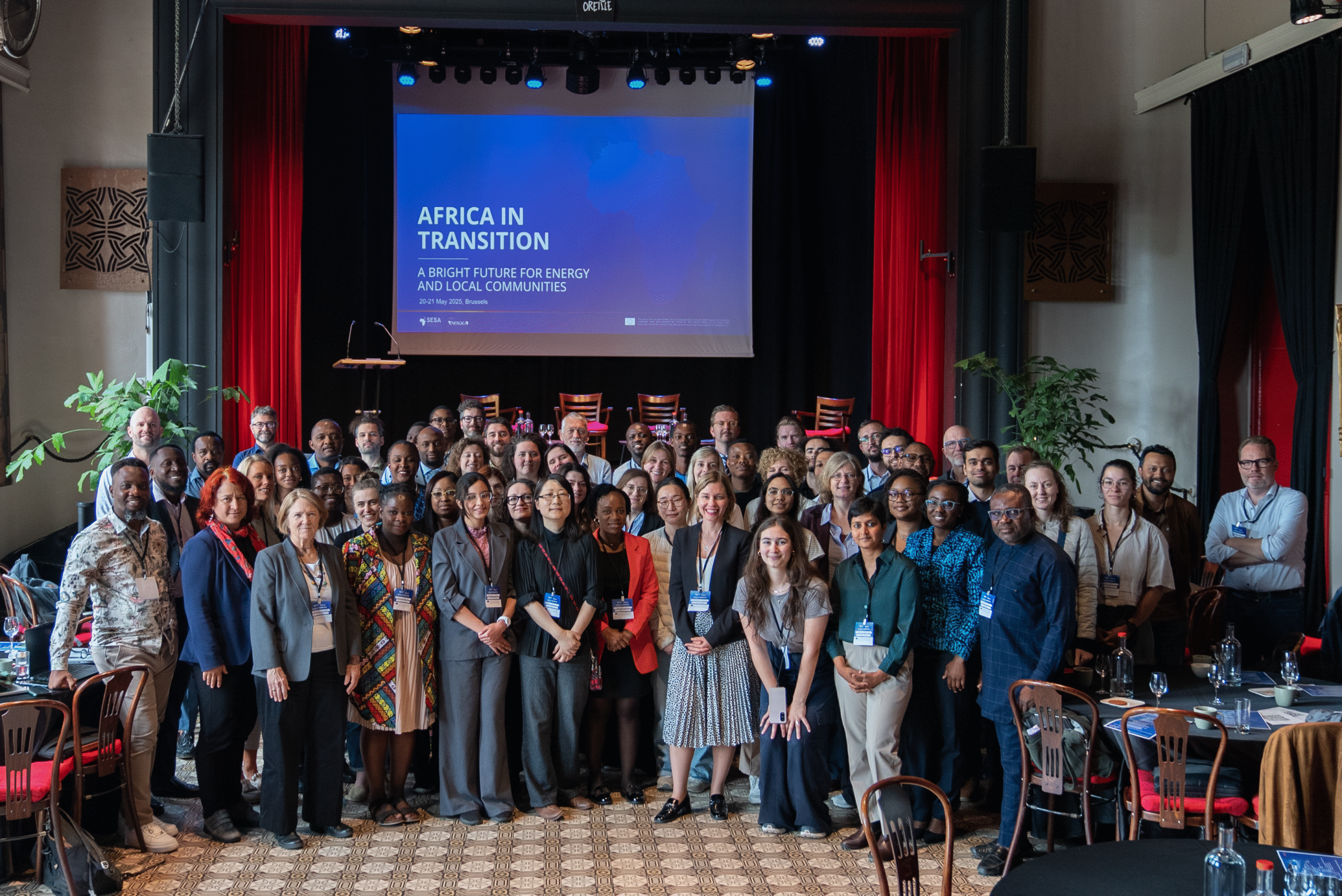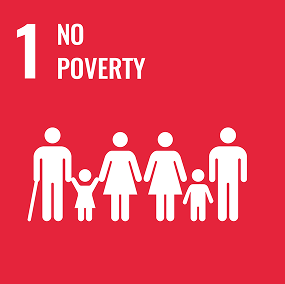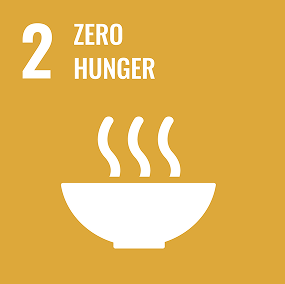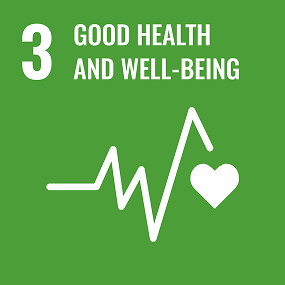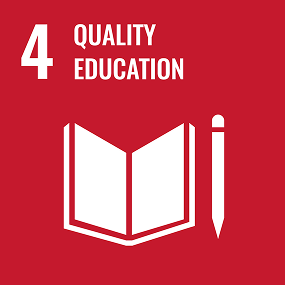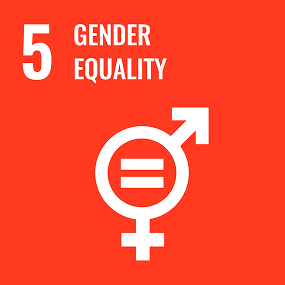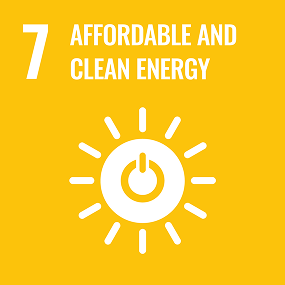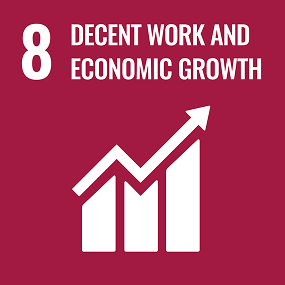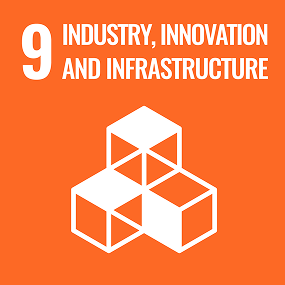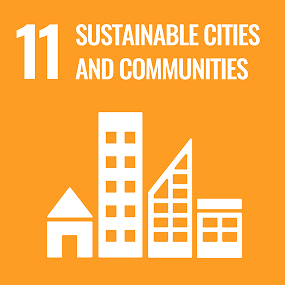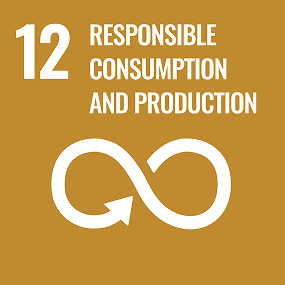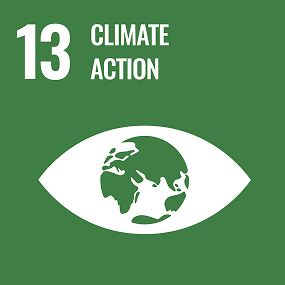What is SESA?
Smart Energy Solutions for Africa (SESA) is a collaborative project between the European Union and nine African countries (Ghana, Kenya, Malawi, Morocco, Namibia, Nigeria, Rwanda, South Africa and Tanzania ) that aims at providing energy access technologies and business models that are easily replicable and generate local opportunities for economic development and social cohesion in Africa.
Through several local living labs, it is expected to facilitate the co-development of scalable and replicable energy access innovations, to be tested, validated, and later replicated throughout the African continent.
These solutions will include decentralised renewables (solar photovoltaics), innovative energy storage systems including the use of second-life electric vehicle batteries, waste-to-energy systems, smart micro grids, climate-proofing, resilience and adaptation, and rural internet access.
Running from October 2021 until September 2025, SESA is the result of a strong partnership between leading European and African universities, research centres, industry actors, local governments, knowledge and implementation organisations and networks. These will be strengthened via peer-to-peer exchange, policy dialogues, regional and international events among others.
Partners
Use Cases
African countries
SESA Project SDGs Impact
During its lifetime the SESA project drove sustainable development by implementing sustainable energy solutions across Africa. Our innovations directly contribute to 15 of the United Nations Sustainable Development Goals, creating lasting social, economic, and environmental impact.
SESA Demonstration, Validation and Replication Sites
Latest News
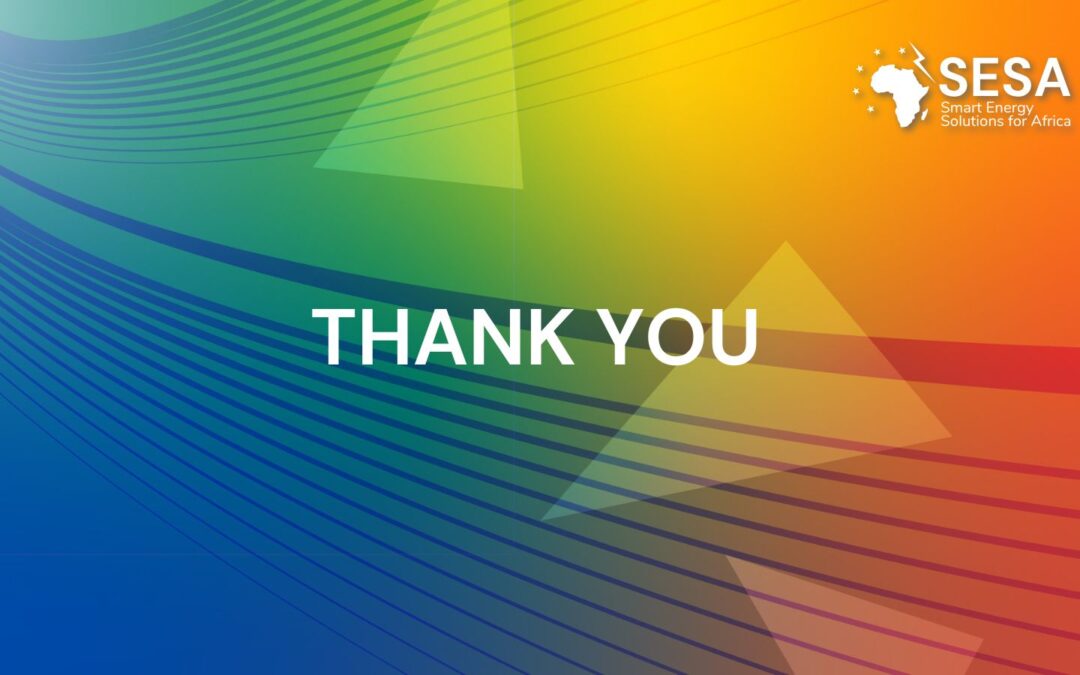
Mission Accomplished: Looking back on a legacy built on strong teamwork and collaborations
This capacity-building manual has been developed to equip technicians, small and medium-sized enterprise (SME) owners, and everyday users with practical knowledge and skills that go beyond “how-to” instructions – helping communities unlock the full potential of clean cooking technologies.
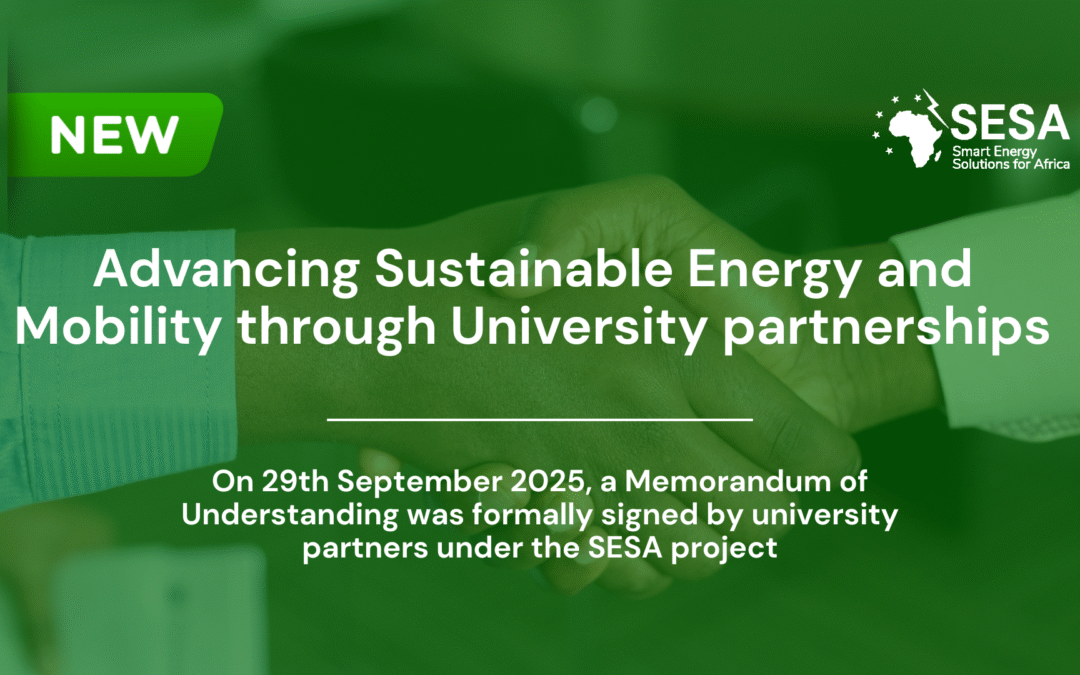
Beyond SESA: Advancing Sustainable Energy and Mobility through University partnerships
On 29th September 2025, a Memorandum of Understanding was formally signed by university partners under the SESA project
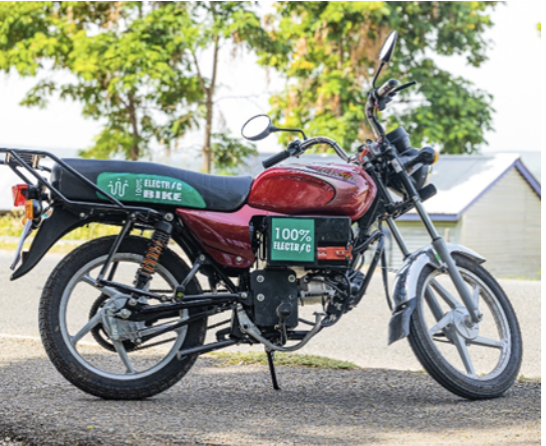
SESA’s Living Labs outcomes: The infographic
Check out our new infographic, detailing the powerful results from our Demo-site and Living Labs across Kenya, Ghana, Malawi, Morocco, and South Africa
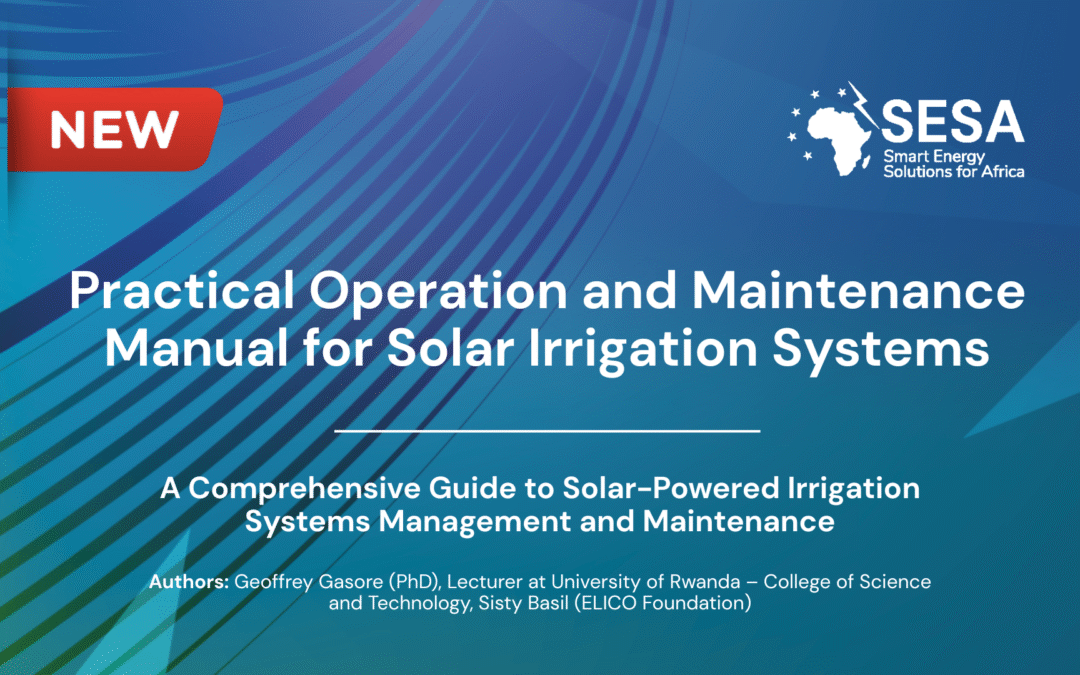
New publication: Practical Operation and Maintenance Manual for Solar Irrigation Systems
This guide is designed to serve as a practical user-friendly manual for the management, operations and maintenance of solar cooling systems. The manual aims to: Clarify the fundamentals of solar cooling systems (section one); Empower users with the knowledge of key components of both electric and thermal solar cooling systems (section two); Highlight critical safety measures (section three); Provide practical guidance on routine operation, maintenance protocols and common issues (section four, five and six); Empower users to make informed decisions and understand the economic and environmental benefit of employing solar cooling systems (section seven).
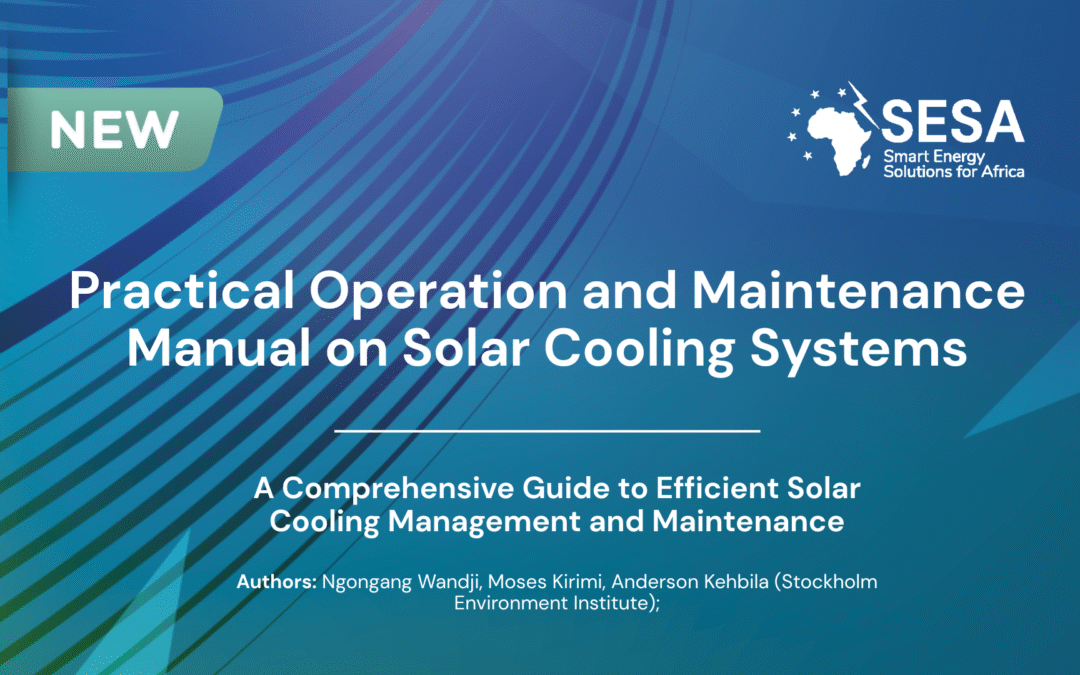
New publication: Practical Operation and Maintenance Manual on Solar Cooling Systems
This guide is designed to serve as a practical user-friendly manual for the management, operations and maintenance of solar cooling systems. The manual aims to: Clarify the fundamentals of solar cooling systems (section one); Empower users with the knowledge of key components of both electric and thermal solar cooling systems (section two); Highlight critical safety measures (section three); Provide practical guidance on routine operation, maintenance protocols and common issues (section four, five and six); Empower users to make informed decisions and understand the economic and environmental benefit of employing solar cooling systems (section seven).
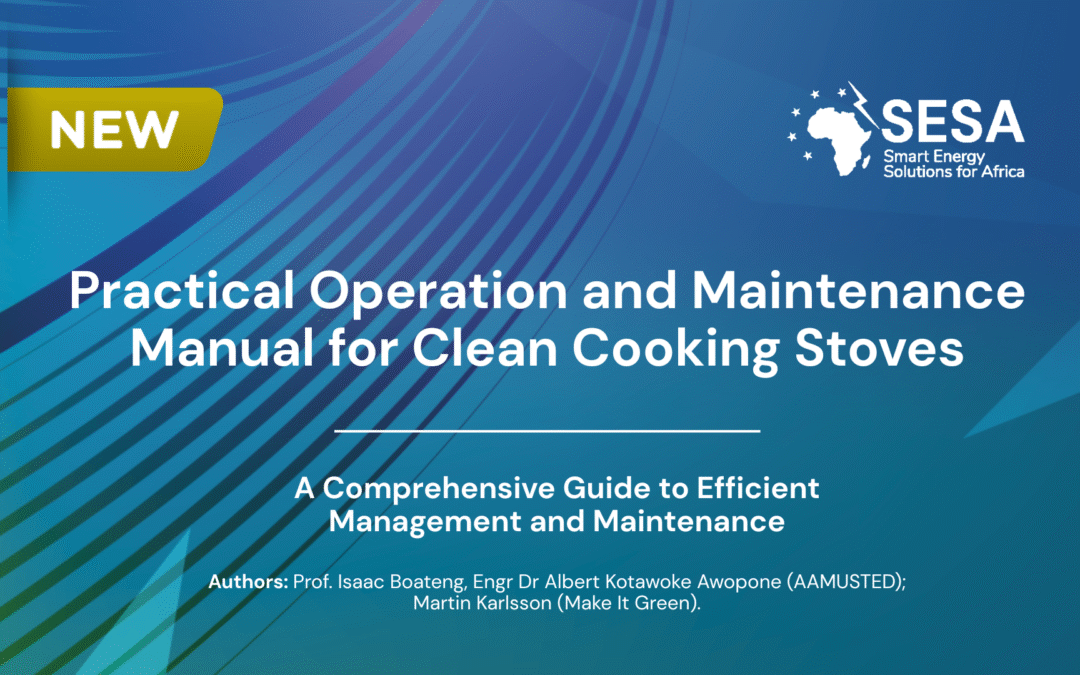
New publication: Practical operation and maintenance manual for clean cooking stoves
This capacity-building manual has been developed to equip technicians, small and medium-sized enterprise (SME) owners, and everyday users with practical knowledge and skills that go beyond “how-to” instructions – helping communities unlock the full potential of clean cooking technologies.






